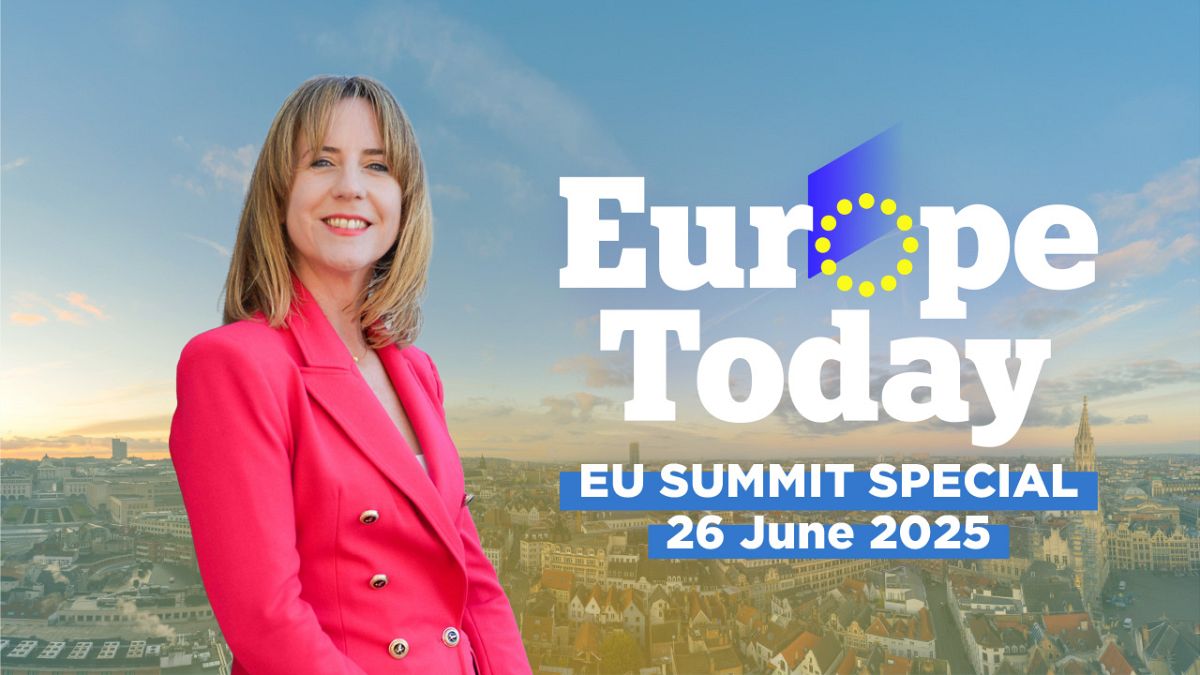

In a week marked by significant international engagements across Europe, leaders gathered at various summits to address pressing global issues. With topics ranging from Middle Eastern stability to the ongoing challenges posed by Russia and maintaining a forthright unity within NATO, the discussions emphasized dialogue, coordination, and a commitment to shared goals as keystones for future actions.
The heart of this coordinated effort was a special summit held by the European Union, attended by key European leaders. This one-day summit saw discussions centered on vital subjects like Israel, Gaza, the Ukraine conflict, competitiveness, and the climate. By bringing together perspectives on a diverse array of issues, the focus was clearly on fostering an encompassing approach to global and regional stability. The leaders underscored the importance of open dialogue, aiming to craft strategies that balance immediate needs with long-term sustainable policies.
Amid these discussions, Ukrainian President Volodymyr Zelenskyy marked a pivotal moment with the signing of an agreement with the Council of Europe to establish a tribunal dedicated to addressing the war in Ukraine. This tribunal stands not just as a symbol of justice but also as a mechanism aimed at holding accountable those at the highest echelons, including Russian officials, for the events that have transpired since the invasion. Zelenskyy highlighted this initiative as a “real chance” for justice, reinforcing optimism for future peace and resolution in the region through structured legal frameworks.
Meanwhile, in Paris, French President Emmanuel Macron’s meeting with Rafael Grossi, Chief of the International Atomic Energy Agency (IAEA), underscored the importance of nuclear safety and monitoring. Following Iran’s decision to pause cooperation with the IAEA, Macron emphasized the urgency of resuming constructive engagement, reflecting broader themes of diplomacy and preventive measures essential for regional security.
Further complementing these efforts, NATO, the cornerstone of transatlantic unity, maintained its resilience amidst evolving global dynamics. A recent NATO summit served as a venue to both acknowledge existing challenges and reassert collective security commitments. The alliance, facing concerns about troop distributions and defense funding, remains steadfast in its mission, showcasing internal solidarity even as discussions reveal underlying complexities.
Simultaneously, the longevity of American involvement in NATO was underlined, as Europe’s leaders effectively managed to uphold the United States’ commitment to the alliance, particularly its benefit in deterring potential threats. This was achieved despite potential shifts in troop allocation across Europe, signaling a readiness to bolster their own capabilities through increased defense budgets and strategic realignments.
Within this tapestry of diplomatic engagement, Europe’s leaders demonstrated an unwavering dedication to a multilateral ethos, emphasizing the strength found in cooperation over isolation. These summits and the initiatives therein reflect a concerted drive towards peace, accountability, and a collective fortification of security networks across continents. As Europe continues to navigate these intricate global landscapes, its reliance on shared visions and cooperative frameworks remains its steadfast guide, ensuring a hopeful path forward for international stability.
Source: {link}
